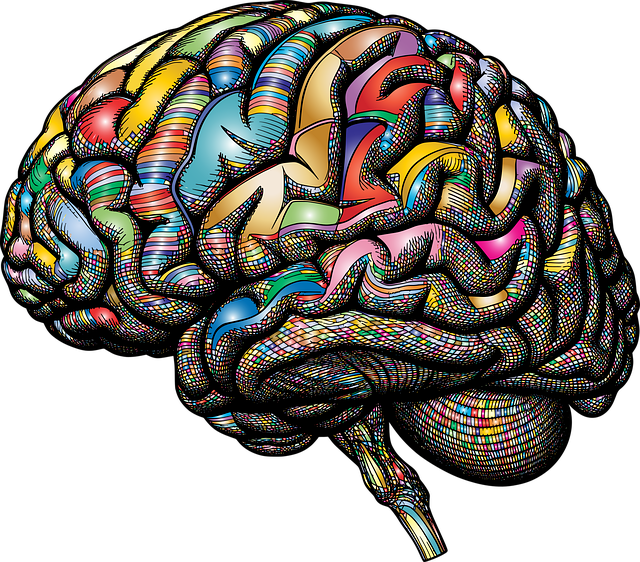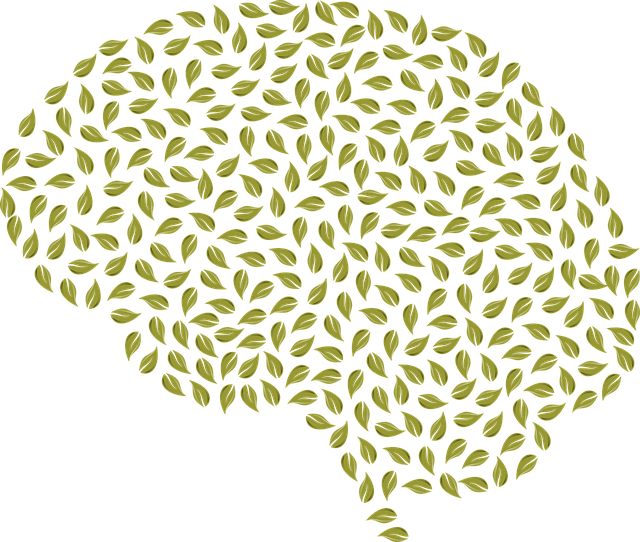Mindfulness meditation guided by EMDR-certified professionals offers therapy for children dealing with anxiety, stress, or trauma, teaching emotional intelligence and self-regulation. This practice aids in processing traumatic memories safely, improving mental health, and preventing future burnout. Starting with simple home practices like breathing exercises, parents can create a supportive environment for their child's emotional growth, reducing stigma and equipping them with EMDR-certified tools for resilience.
“Unwind and embrace a calm mindset with mindfulness meditation, a powerful tool that benefits children’s mental health. This comprehensive guide explores effective strategies to introduce mindfulness to young minds, highlighting the significance of EMDR (Eye Movement Desensitization and Reprocessing) certification in pediatric therapy. Learn practical tips for integrating mindfulness practices at home, while navigating potential challenges and tracking your child’s progress. Discover how these techniques can foster resilience, focus, and emotional well-being in your little ones.”
- Understanding Mindfulness Meditation for Children
- The Benefits of EMDR Certification in Pediatric Therapy
- Practical Tips for Implementing Mindfulness Practice at Home
- Navigating Challenges and Tracking Progress in Child Meditation
Understanding Mindfulness Meditation for Children

Mindfulness meditation is a powerful tool that can be adapted to suit children, offering them a means to enhance their emotional intelligence and develop essential self-regulation skills. For young individuals dealing with anxiety, stress, or even trauma, this practice can serve as an effective therapy. EMDR (Eye Movement Desensitization and Reprocessing) certified professionals play a crucial role in guiding children through mindfulness meditation, helping them process traumatic memories and emotions safely and effectively.
By incorporating mindfulness into their daily routines, children learn to be present, observe their thoughts and feelings without judgment, and develop a deeper sense of self-awareness. This early introduction to emotional intelligence can significantly impact their mental health and overall well-being, potentially preventing future burnout and fostering healthier risk management planning for mental health professionals who work with them.
The Benefits of EMDR Certification in Pediatric Therapy

EMDR (Eye Movement Desensitization and Reprocessing) Certification is a valuable asset for pediatric therapists looking to offer effective treatment for trauma and its associated conditions in children. This therapeutic approach has gained significant recognition for its ability to help young individuals process distressing memories and emotions, leading to improved mental health outcomes. By integrating EMDR into therapy sessions, professionals can assist children in overcoming anxiety, depression, and other common issues that may arise from traumatic experiences.
The benefits of EMDR Certification in Pediatric Therapy are numerous. It enables therapists to provide a specialized service that facilitates self-esteem improvement and stress management. Through structured eye movements or other bilateral stimulation techniques, children can reprocess traumatic memories, reducing their intensity and associated distress. This can be particularly beneficial for those experiencing symptoms of post-traumatic stress disorder (PTSD) or struggling with depression prevention. EMDR-trained therapists can offer a unique and powerful tool to help young clients heal and grow, making it an invaluable resource for organizations providing therapy services to children.
Practical Tips for Implementing Mindfulness Practice at Home

Implementing mindfulness practice at home can be a rewarding journey for both adults and children alike. For parents looking to introduce this therapy for children, especially those with trauma or anxiety, starting small is key. Begin by dedicating just 5-10 minutes each day to simple breathing exercises or body scans. These practices help cultivate compassion and awareness, two essential components of emotional well-being.
Incorporate these mindfulness moments into your family’s routine; for instance, practice mindful eating together as a way to enhance mealtime conversations and stress management skills. Consider joining a Mood Management or Stress Management Workshop Organization that offers resources tailored for parents, ensuring you have the support needed to navigate challenging behaviors with compassion. By consistently practicing Compassion Cultivation Practices at home, you’ll create a safe space for your child’s emotional growth, mirroring the benefits of EMDR therapy in a familiar setting.
Navigating Challenges and Tracking Progress in Child Meditation

Navigating challenges is an integral part of any meditation practice, especially when introducing mindfulness to children. Many kids struggle with focusing their minds, and it’s common for them to experience restlessness or impatience during meditation sessions. To address these issues, parents and caregivers can employ techniques such as setting realistic expectations, incorporating playful elements, and using guided meditations tailored for children. A certified EMDR (Eye Movement Desensitization and Reprocessing) therapist can offer valuable strategies to help kids process emotions and overcome internal challenges, making their mindfulness journey more enjoyable and effective.
Tracking progress is essential to keep children motivated and engaged. Parents should encourage their young meditators to reflect on their experiences, noting improvements in mood management and mental wellness. This self-awareness can be fostered through simple journaling activities or casual conversations about the impact of meditation. As children overcome initial hurdles, reduce symptoms associated with mental illness, and incorporate mindfulness into their daily routines, stigma reduction efforts become more accessible. The development of mental wellness coaching programs for kids can further support this process, providing them with lifelong tools to navigate life’s challenges with resilience and clarity.
Mindfulness meditation offers a powerful tool for pediatric therapy, as demonstrated by the benefits of EMDR certification. By understanding mindfulness for children and implementing practical tips at home, parents and caregivers can navigate challenges and track progress effectively. Integrating these practices promotes emotional well-being and enhances the overall quality of life for kids, making it a valuable asset in any therapy regimen focused on young minds.








